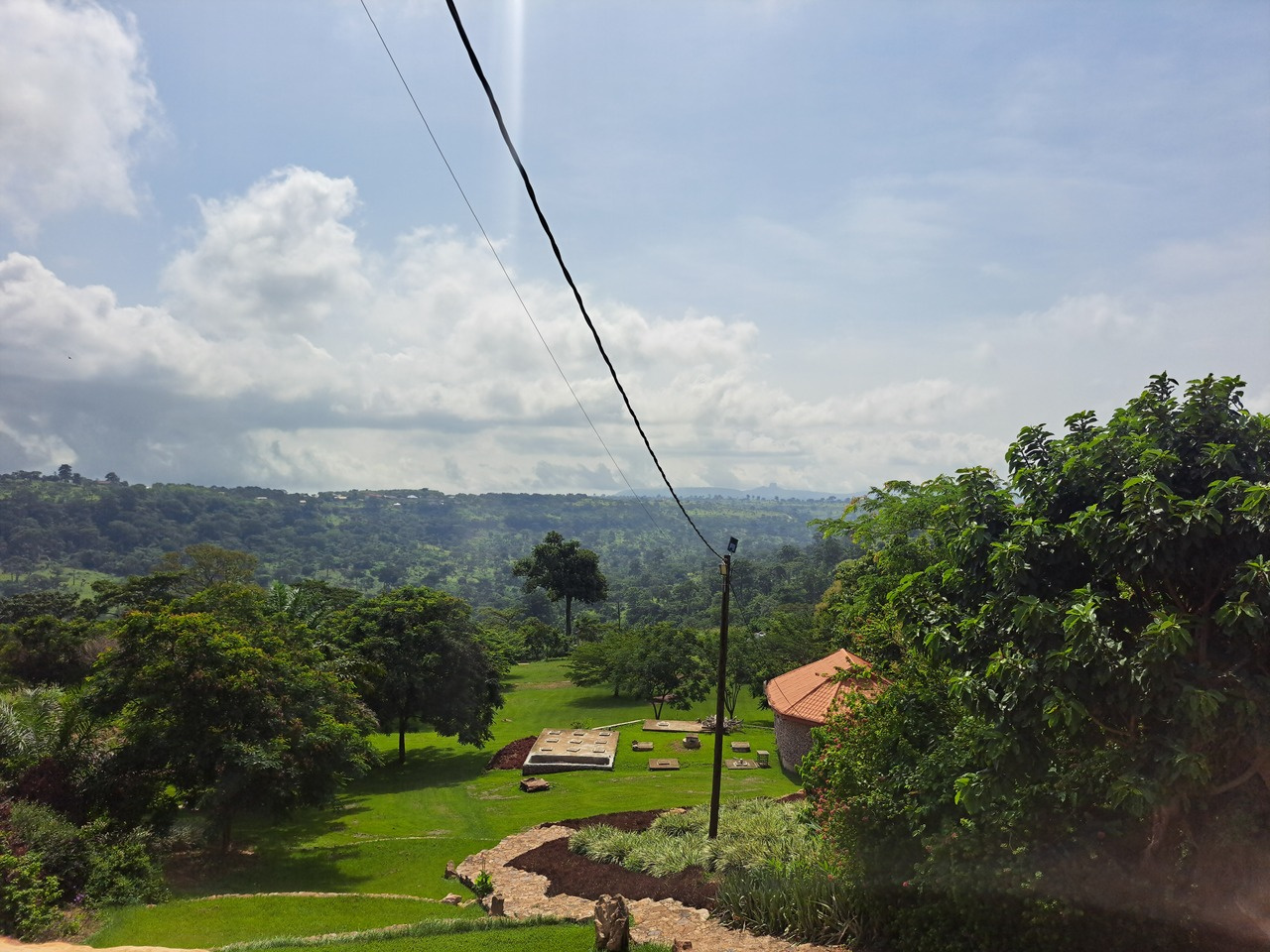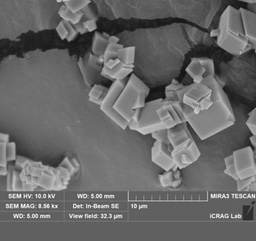Global Citizenship and Future Leaders

One summer of lab research, one co-authored paper, a trip to Leeds, a month in Ghana, and a
children’s creative workshop later, I’ve come out of the Laidlaw Programme a more rounded
global citizen. At first, I saw the scholarship mainly as a chance to grow my own skills, but this
second summer revealed something deeper: the importance of recognising and contributing to
our world’s interconnectedness. In this post, I’ll reflect on what I’ve learned from my
international experience in Ghana, how those lessons shaped my view of leadership, and how
they will guide my future path.
My LiA project centred on education, aligning with UNSDG 4: Quality Education. In Ghana, I
witnessed first-hand the inequalities that persist, overcrowded classrooms, a shortage of
textbooks, and children arriving without pens or paper. At first, I felt uncertain about my role:
should I focus on providing resources, or on what I could teach? I chose to share what I knew
best, and one day introduced the children to volcanoes and Pompeii. It wasn’t in their
curriculum, yet they listened in awe, eager to ask questions and form opinions of their own,
something not always encouraged in their learning environment. That moment showed me that
global citizenship is not about “saving” others, but about recognising shared curiosity and
humanity across cultures. By listening, respecting local practices, and offering what I could, I
contributed while learning just as much in return.
Even before Ghana, I knew that challenges in education existed closer to home. In my local area,
I had seen children becoming increasingly disconnected from one another, a pattern intensified
by the pandemic. I felt there was too much emphasis on globalisation without equal attention
to grounding children in their own cultural roots. To address this, I designed a creative workshop
centred on local folklore, mindfulness, and art, collaborating with storytellers and community
members. At first, many children were shy, hesitant to speak, and reluctant to interact, so
different from the openness and physical play I had seen in Ghanaian schools. Yet as the
workshop unfolded, they grew in confidence, forming new connections through shared stories
and creativity. For me, this showed that global citizenship is not only about learning abroad but
about applying those lessons locally, bridging the global and the familiar.
More than anything, the Laidlaw Programme has transformed how I understand leadership. At
the outset, I believed a leader was someone strong, commanding, and always with the answers.
Over time, I discovered that true leadership lies in humility, listening, and empowering others.
Training in project management, public speaking, and adaptability gave me the tools to practise
this in real settings, from the unpredictability of the lab to teaching in Ghana and coordinating
my workshop in Ireland. Softer aspects of my personality, empathy, openness, compassion, have
emerged as my strongest qualities, while resilience has helped me face uncertainty with
confidence. My leadership style may not mirror that of my peers, but I now value my ability to
enable others to thrive.
Looking forward, I intend to pursue a career as a primary school teacher, a path that my LiA
experience has both inspired and confirmed. I aim to build a classroom that reflects the values I
have strengthened through Laidlaw, like integrity, inclusivity, and empathy, so that I can help
support change the next generation of ethical leaders. Beyond teaching, I am committed to
ongoing involvement in non-profit and community organisations, supporting initiatives that
expand access to education and encourage volunteering. Having seen first-hand the
opportunities Laidlaw opened for me in Ghana, I feel strongly about working with charities to
remove barriers for others who want to contribute. As I grow, I hope to strengthen my skills in
conflict resolution and advanced project management, ensuring I can empower others while
guiding projects with clarity and care.
Looking back, the thread running through my Laidlaw journey has been stepping into the
unknown, growing through challenges, and building community wherever I found myself. From
research labs to classrooms in Ghana to a workshop in Ireland, each step stretched me in
unexpected ways and deepened my understanding of leadership and connection. I am
profoundly grateful for the opportunities, mentors, and communities that shaped this
experience. Above all, I leave believing that global citizenship and ethical leadership begin with
curiosity, humility, and creating spaces where others can thrive.



Please sign in
If you are a registered user on Laidlaw Scholars Network, please sign in